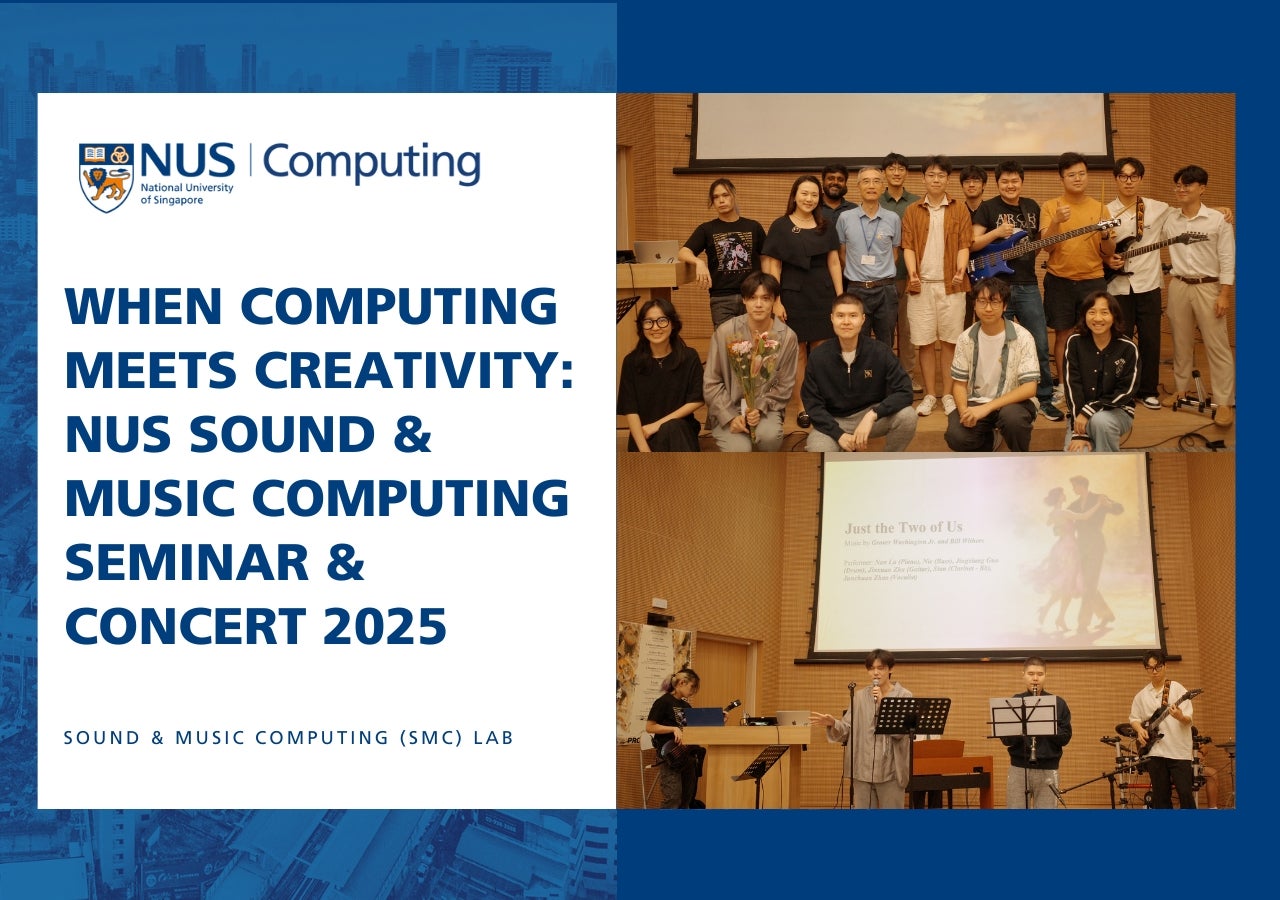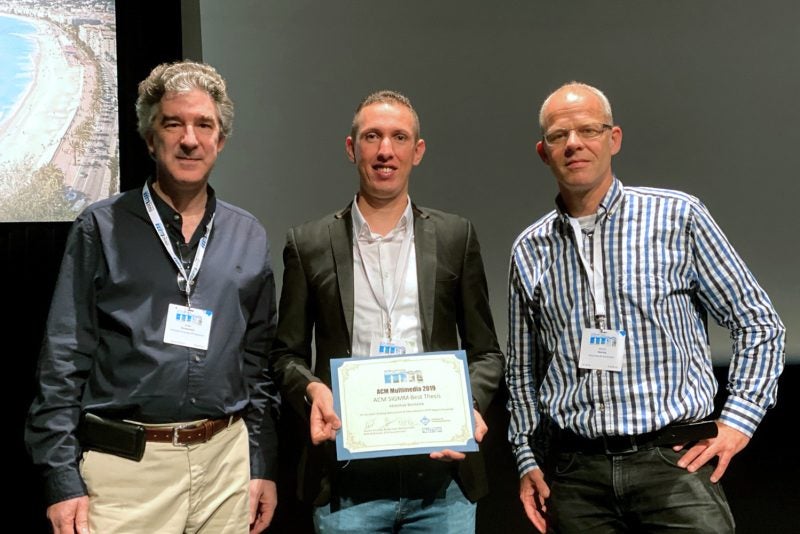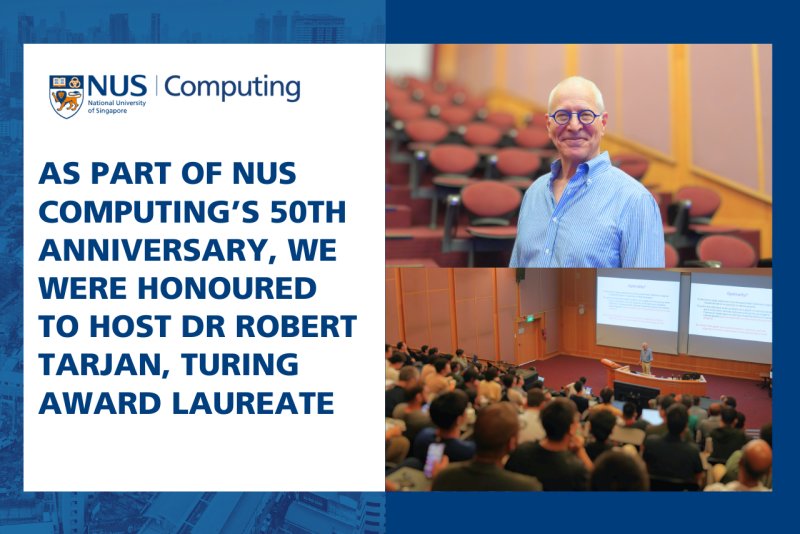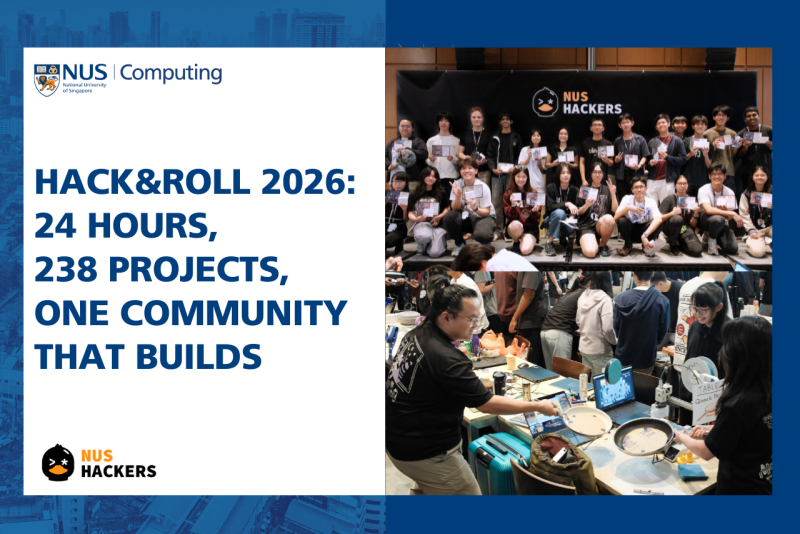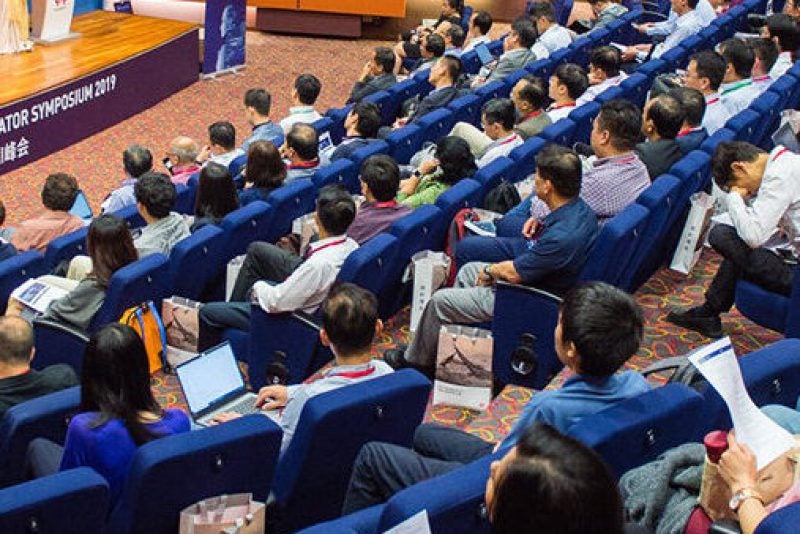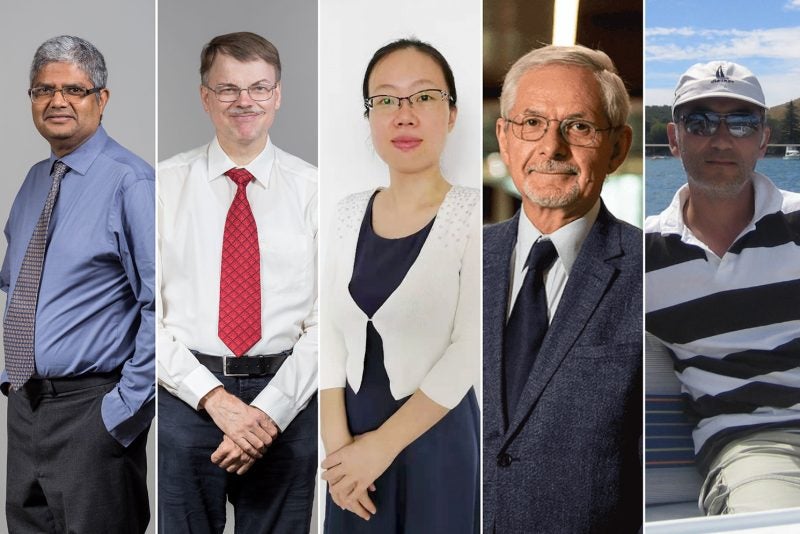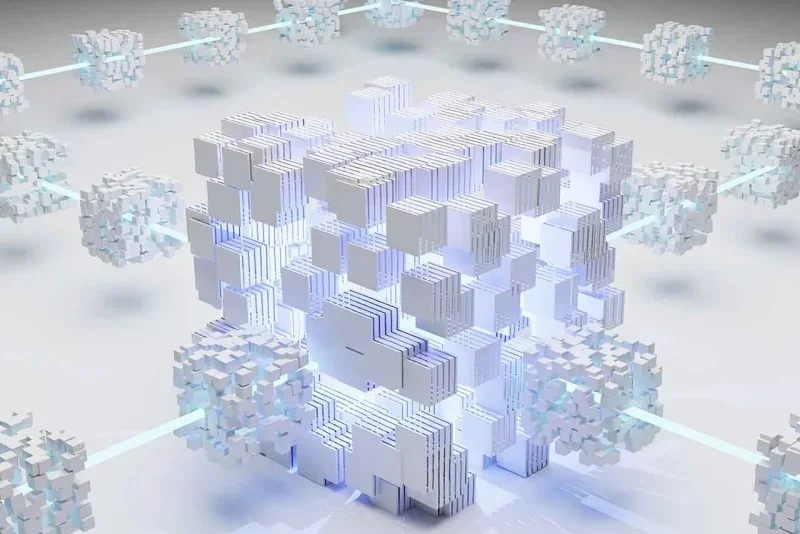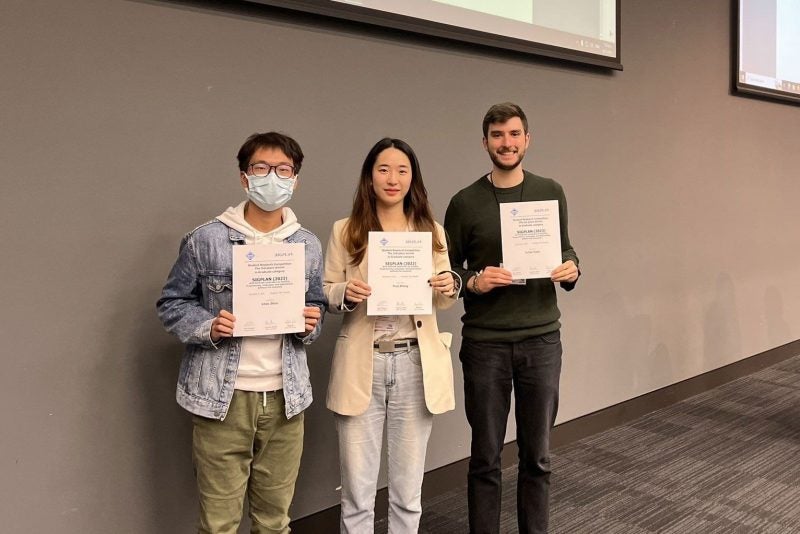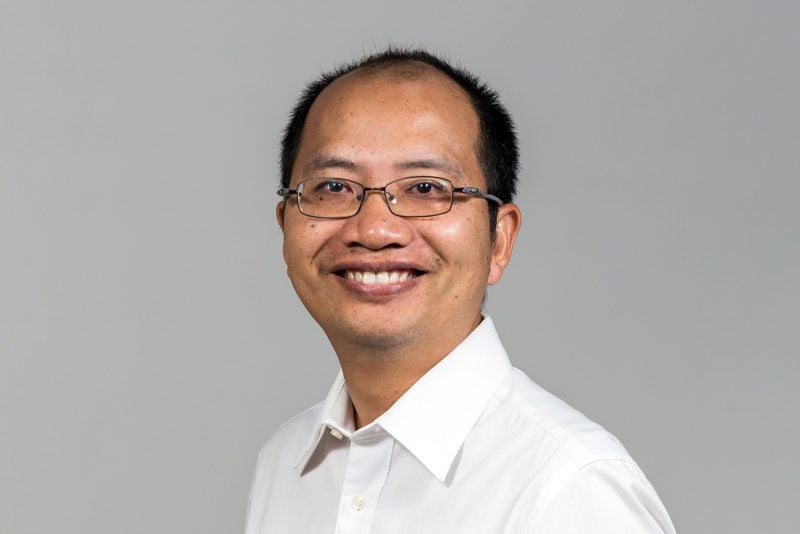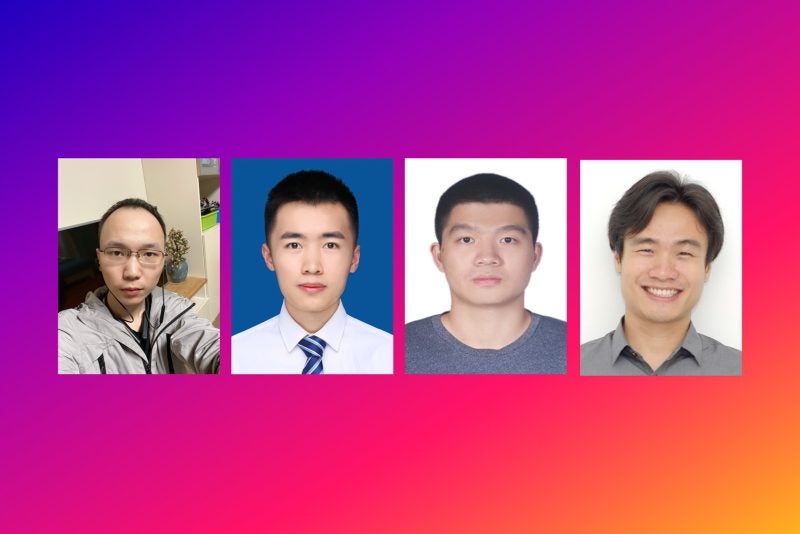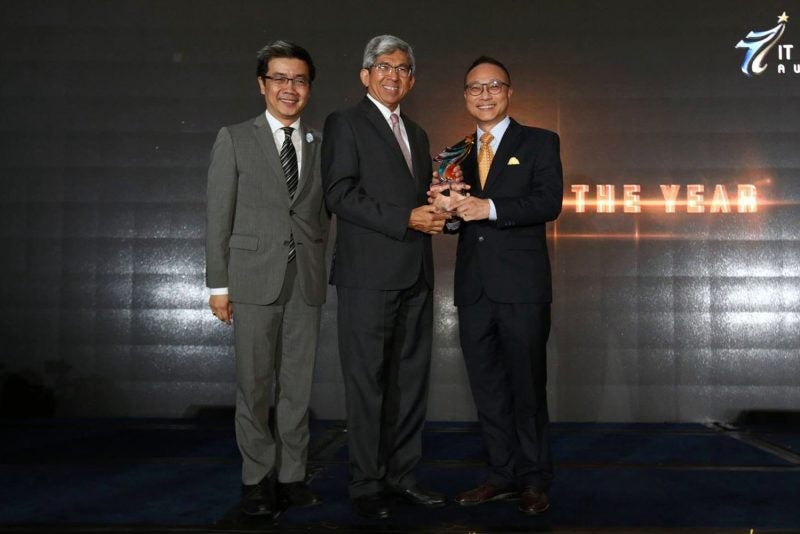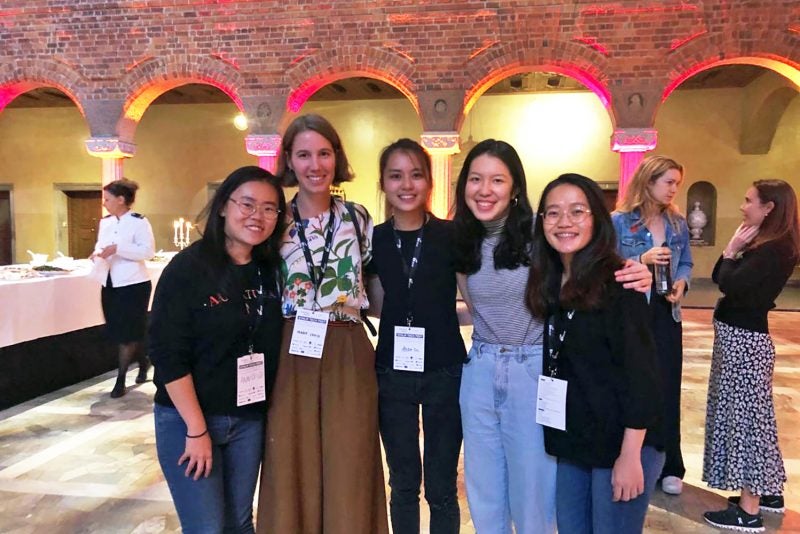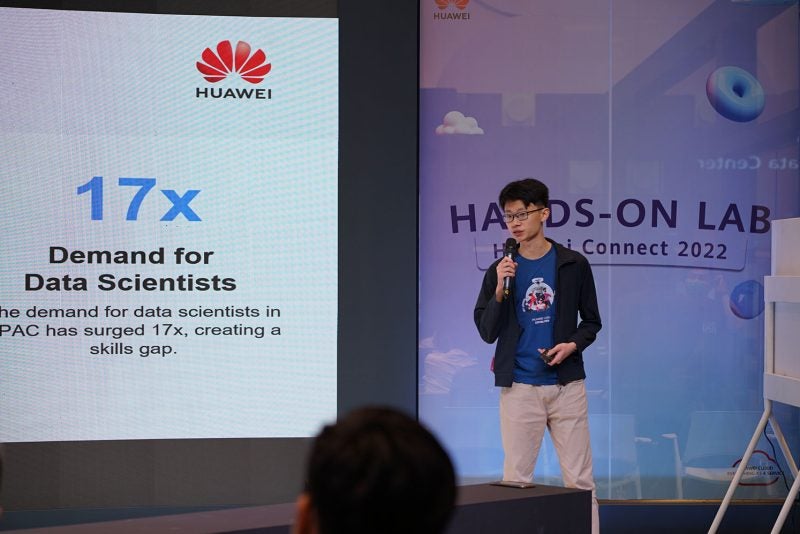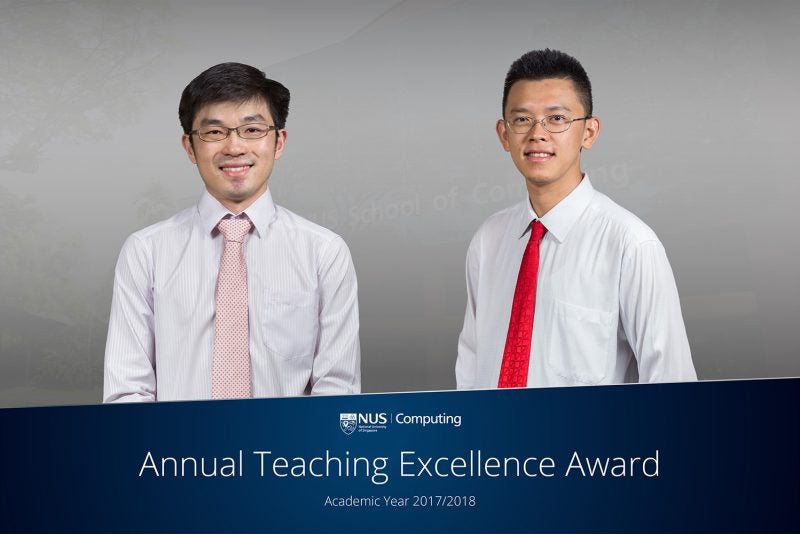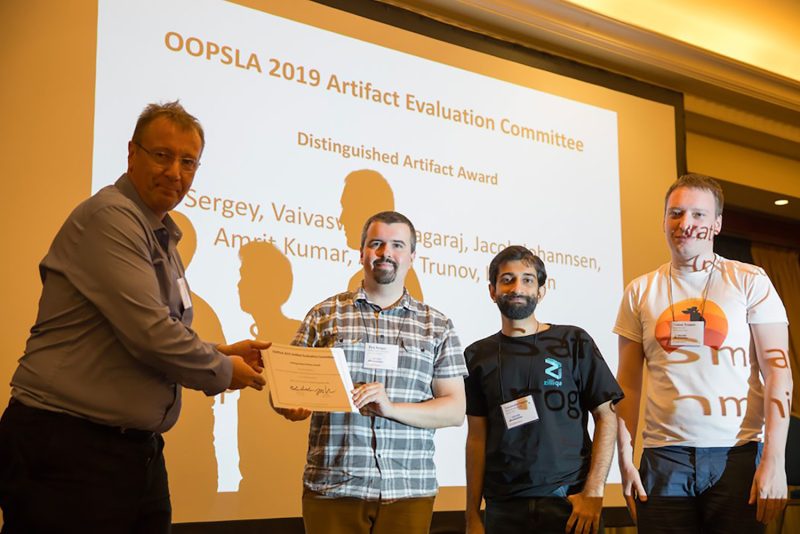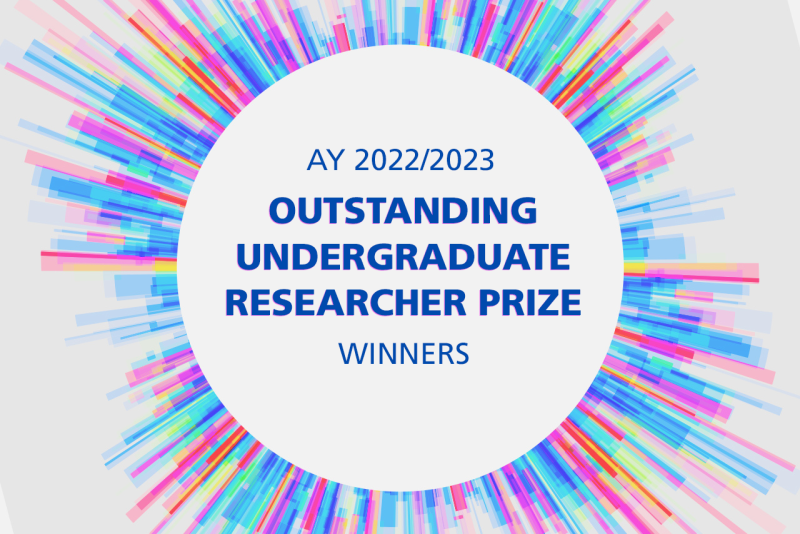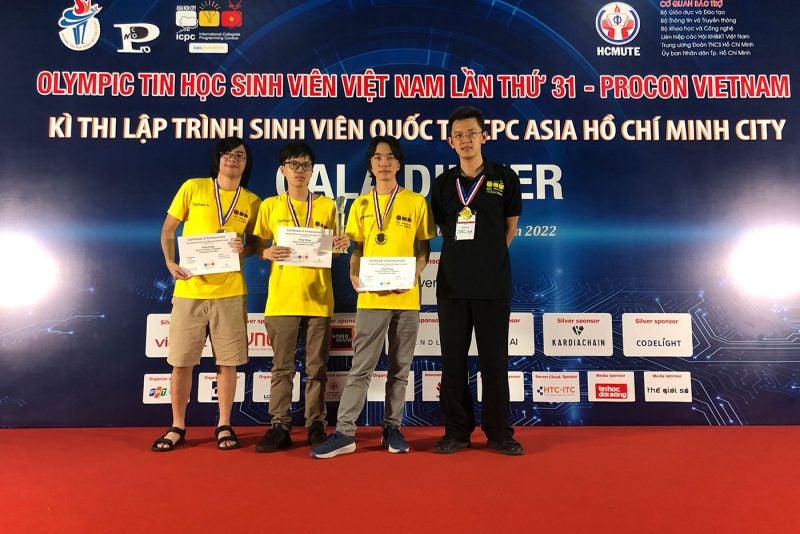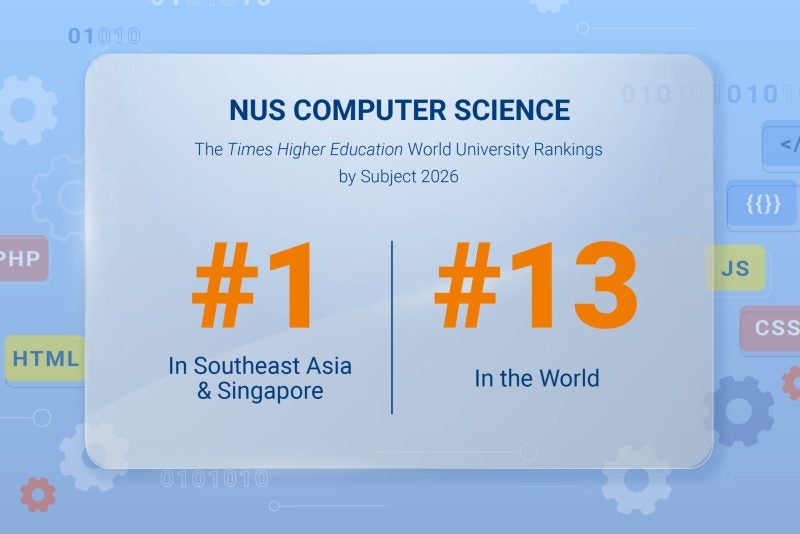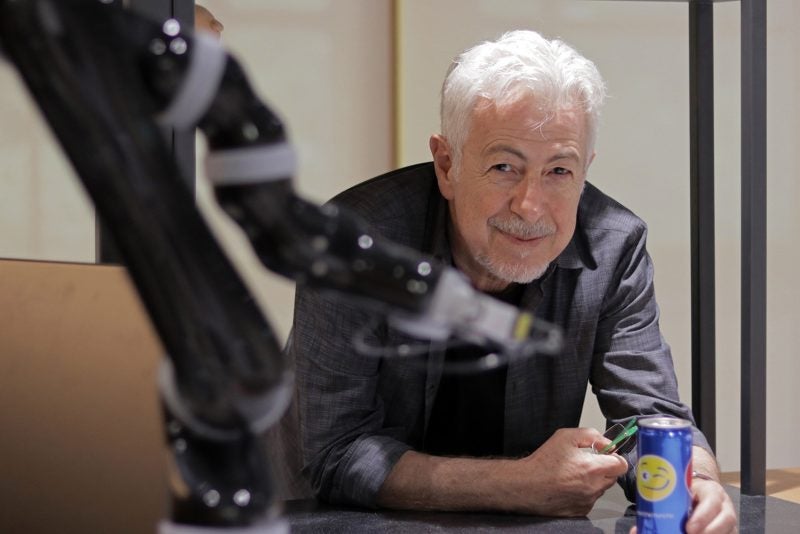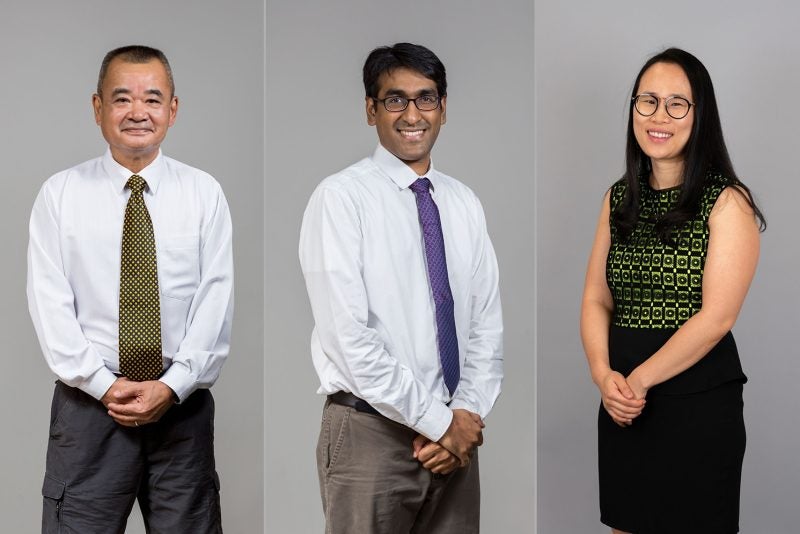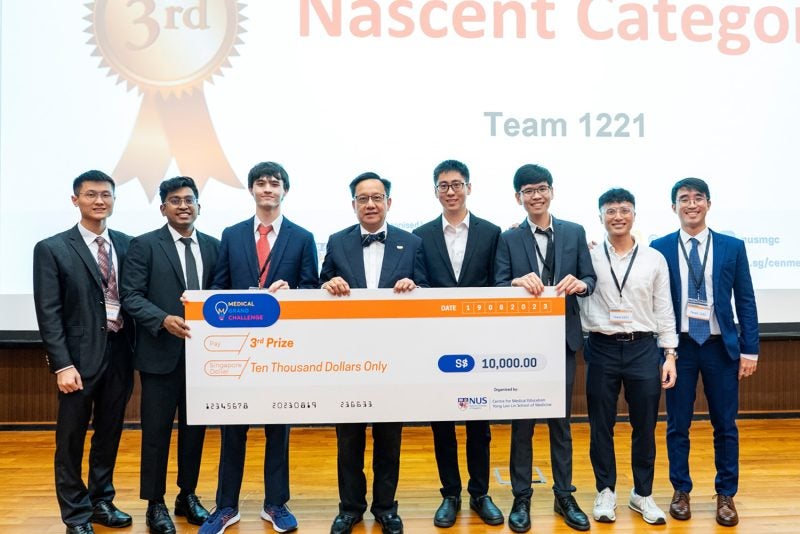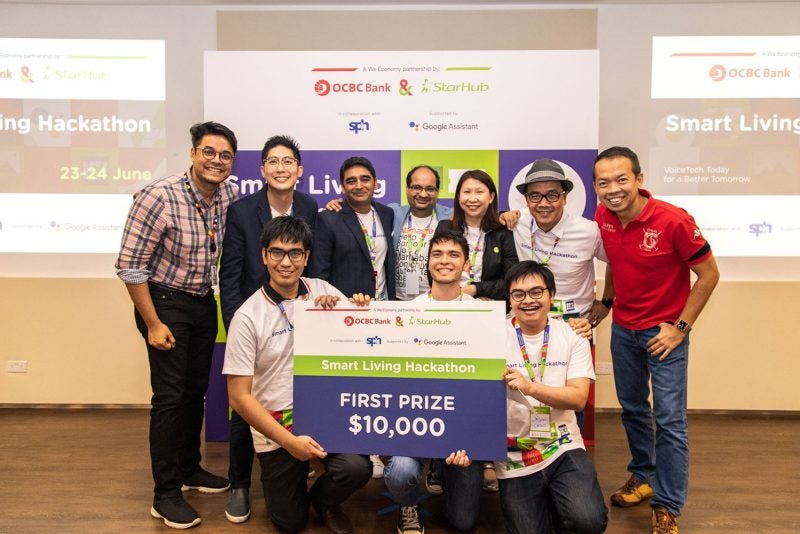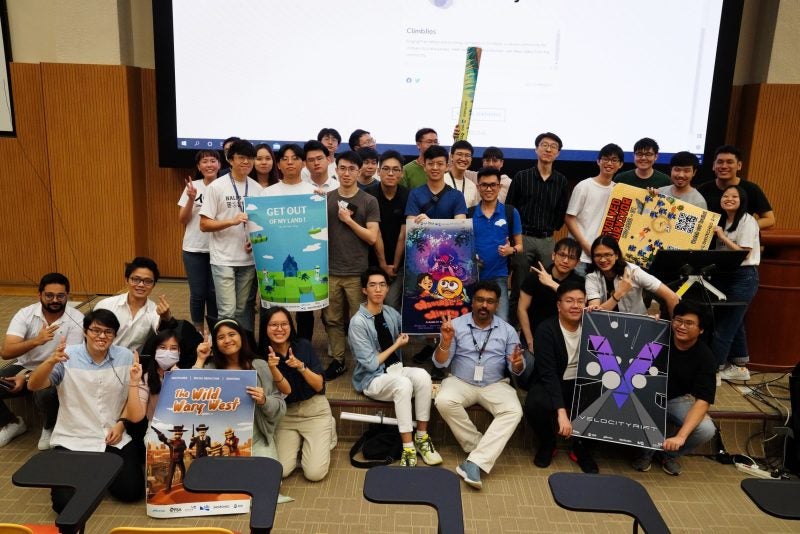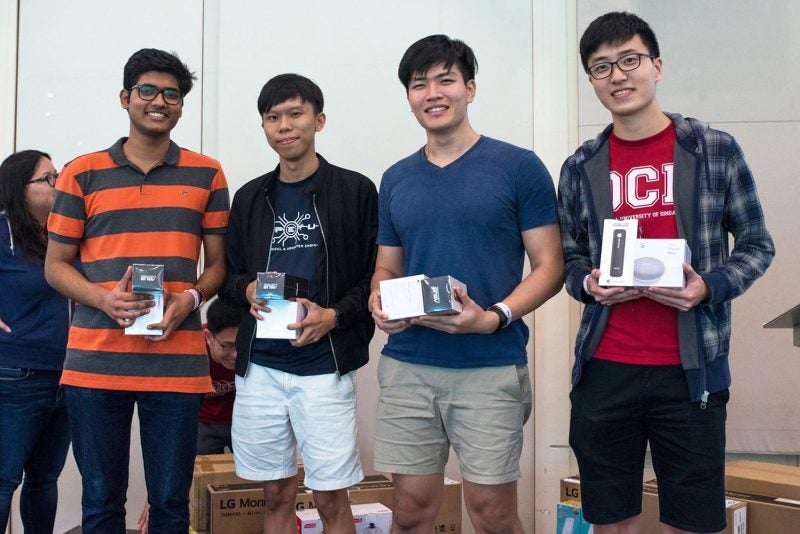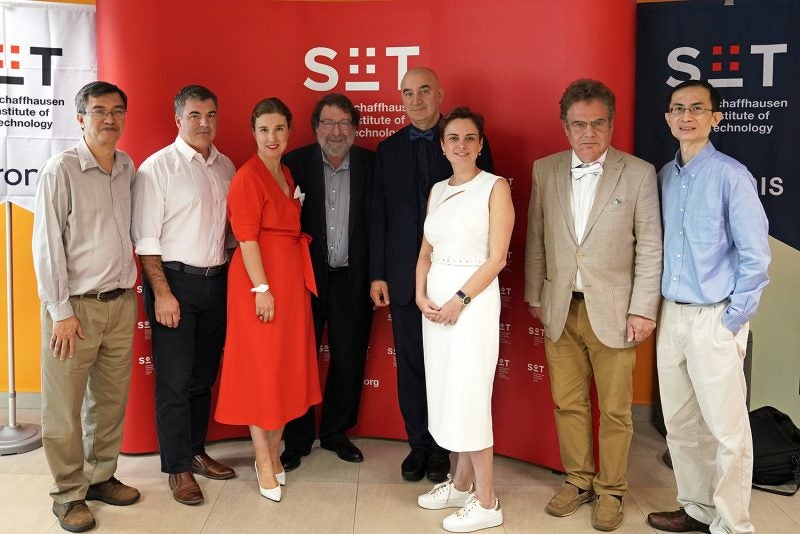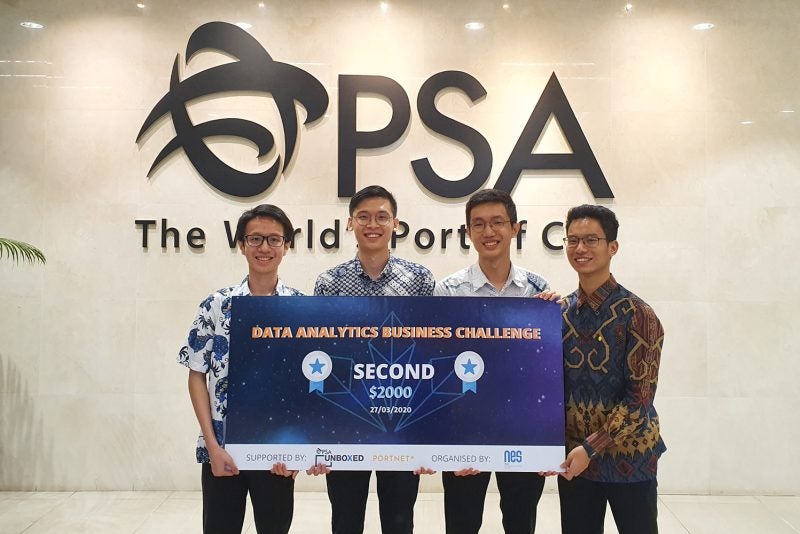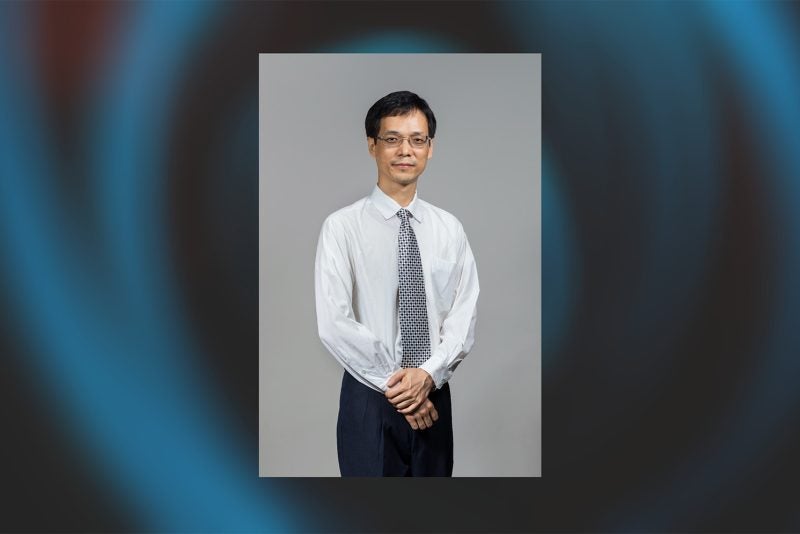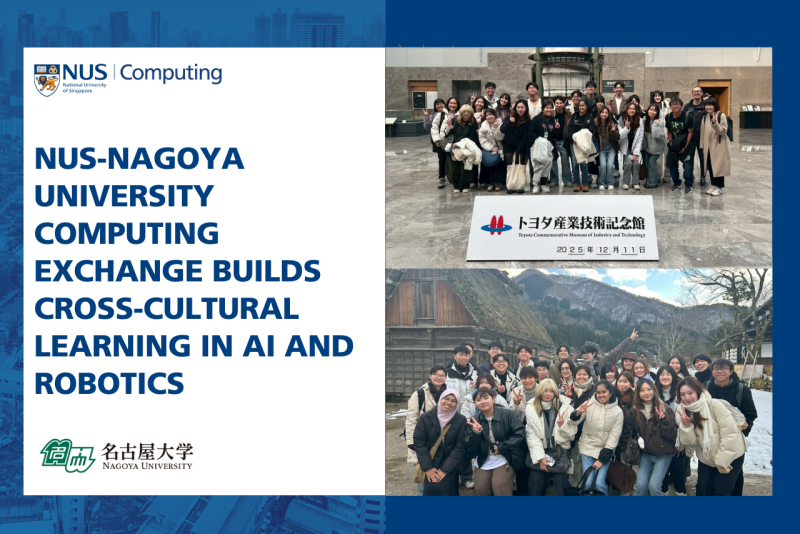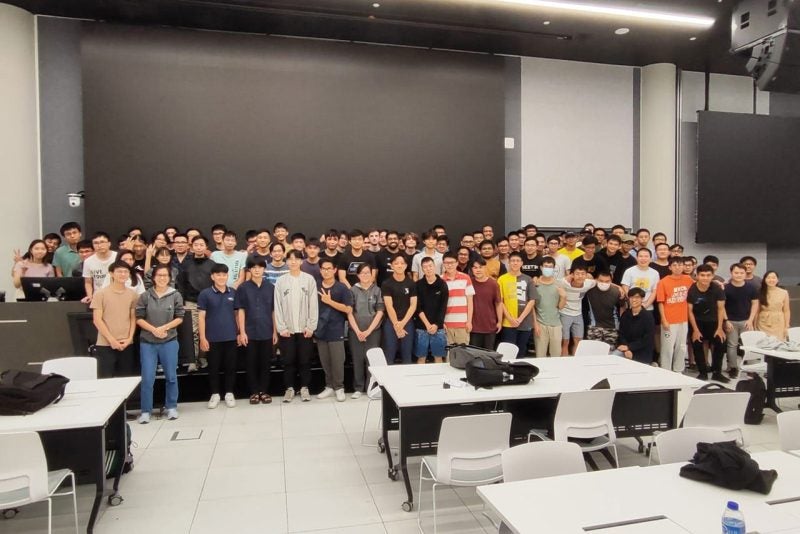When Computing Meets Creativity: Inside the Sound & Music Computing Seminar & Concert 2025
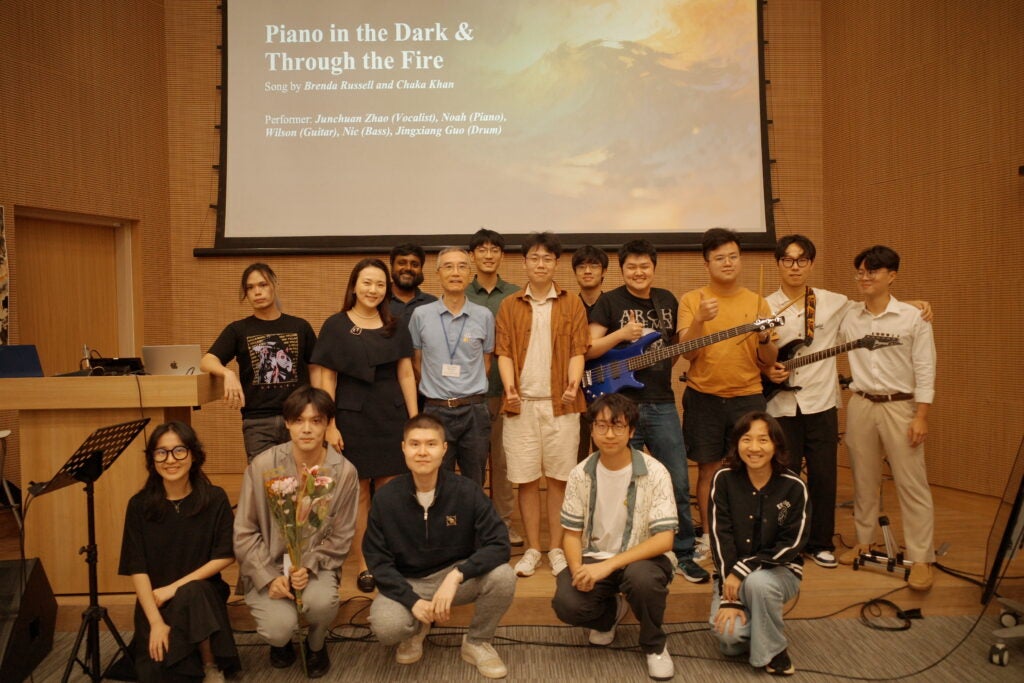
When the first notes filled the seminar room at Innovation 4.0, the atmosphere shifted — from quiet anticipation to shared curiosity. The Sound and Music Computing for Human Health & Potential Seminar & Concert 2025 (SMC4HHP) brought together students, staff, and friends of NUS School of Computing for an afternoon that celebrated the harmony between technology and creativity, and the power of human connection through sound.
Now in its fourth year, the event continues to blur the lines between science and art — showcasing how computing can inspire new forms of expression, and how music can deepen our understanding of technology. This year’s edition combined a thought-provoking seminar on the human voice with a live concert of student performances, each reflecting the diversity, ingenuity, and collaborative spirit of the School’s community.
What began in 2022 as a simple idea to lift spirits during the pandemic has since evolved into a hallmark of creativity and connection within the School. Conceived by Associate Professor Wang Ye and then-teaching assistant Jingwei Zhao, the initiative has grown into an annual tradition led each year by members of the Sound & Music Computing (SMC) Lab. Jingwei guided the concerts from 2022 to 2024, with PhD student and course teaching assistant Junchuan Zhao taking the lead for the 2025 edition. Research Fellow Ma Xichu also joined as a performer this year, alongside strong support from the SMC Lab community. Together, they have built an event that continues to blend research, artistry, and heart in perfect harmony.
Finding our voice
The afternoon opened with a seminar by Ms MinJee Kim, a freelance performer from South Korea, titled “Human Voice Production: How to Use Your Voice Effectively but Wisely”.
Through a captivating blend of research and reflection, Ms Kim explored the human voice as both a biological instrument and an expression of identity. She spoke about how every voice carries emotion, story, and intention — and why caring for one’s voice is a form of empowerment.
“She reminded us that when the human voice meets technology, it becomes more than sound — it becomes data, a diagnostic tool, and a bridge to human potential,” said Wang. “It’s a powerful way to connect art and science.”
Ms Kim also highlighted how technology can amplify the natural power of the voice when designed with care and artistry — enabling new possibilities for learning, creativity, and emotional resilience. Her talk concluded with a moving rendition of the Korean art song “Longing” by composer Wonju Lee, which beautifully reflected the themes of voice and expression she had discussed.
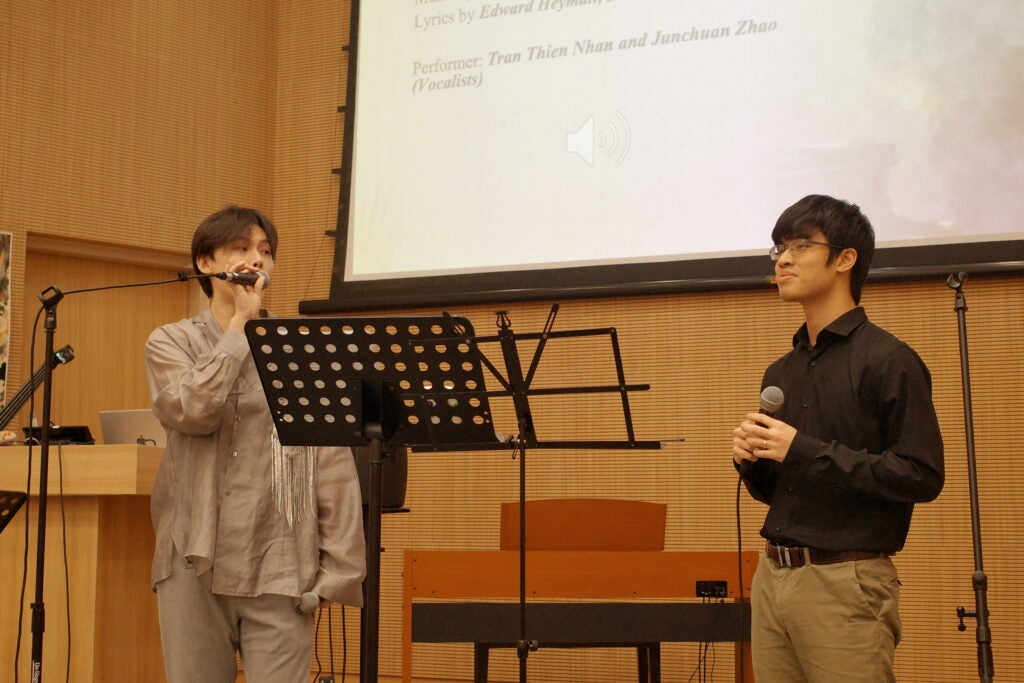
A concert of diversity and discovery
The concert segment featured 16 performers — students from the CS4347/CS5647 Sound and Music Computing course — presenting a wide-ranging repertoire that spanned classical music, traditional music, jazz, and soft rock. The lineup included vocals, piano, violin, clarinet, guitars, and drums, reflecting the diverse musical backgrounds and cultures represented in the class.
Performances ranged from Ms Kim’s vocal solo and a violin-clarinet duet to student-led vocal and instrumental pieces, each showcasing a unique blend of talent, creativity, and collaboration.
Ram Gopalakrishnan, who performed a traditional Indian classical piece, described the concert as “a rare opportunity to combine two areas of keen interest — music and computing — and present to a class full of musically-oriented computer scientists.” He added, “This fundamental connection between humans and music could even deepen our understanding of AI and move us closer to AGI (Artificial General Intelligence).”
Nhan Tran, who sang Sing for Absolution, reflected on the experience from a different angle. “Sometimes we get caught up in algorithms and data, forgetting how they impact real life,” he said. This concert reminded us that the ultimate purpose of sound and music technology is human connection.”
For Jing Han, who performed a piano solo, the concert revealed the depth of teamwork and technical precision behind the scenes. “Watching how all the elements — from audio mixers to stage lighting — came together helped me see the engineering behind what feels like effortless performance,” she shared. “Everyone had the same goal: to give their best. That sense of collaboration made the experience especially meaningful.”
Collaboration in motion
Behind the scenes, students took on every role — from sound engineers and stage crew to designers and organisers. Their quiet coordination and dedication made the performances shine, turning the concert into a true team effort.
The event drew an appreciative crowd, including guests from the NUS-Google Future CS Education Workshop 2025, who joined in to experience this unique mix of creativity and computing in action.
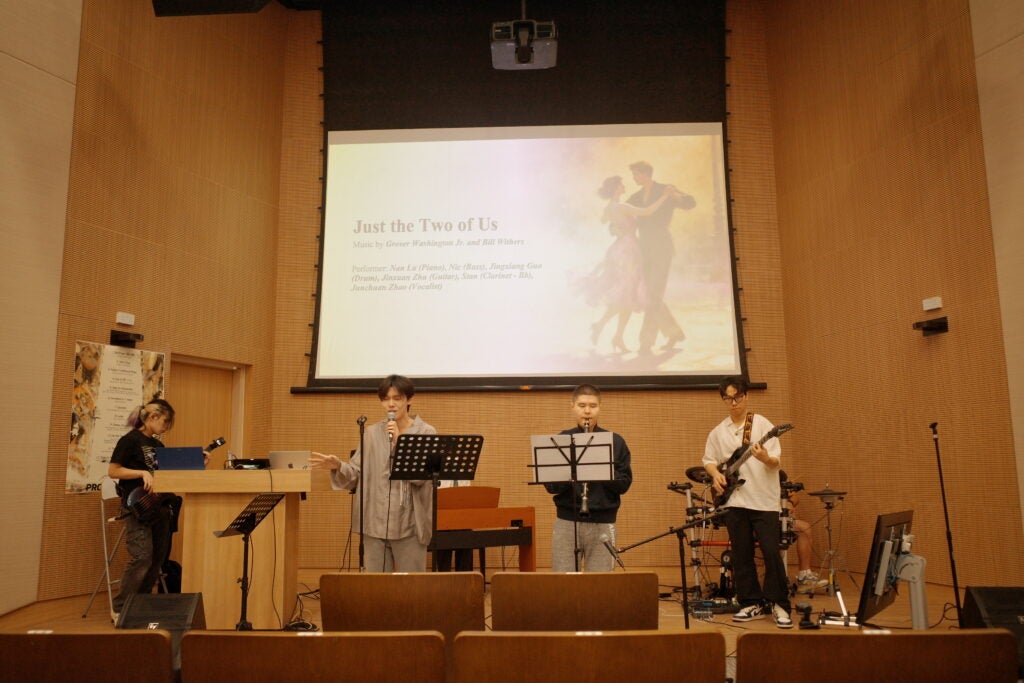
The human side of computing
For Wang, who has taught Sound and Music Computing for more than two decades, the concert represents the very essence of multidisciplinary learning at NUS.
“It’s the only course in Singapore that connects computing and music so deeply,” he said. “Through this, students learn communication, collaboration, and creativity — all essential to the future of computer science.”
He hopes that as long as students remain passionate and support is available, the SMC4HHP initiative will continue to evolve — perhaps expanding into collaborations with scientific, societal, or translational impact.
More than music
At its heart, the SMC4HHP Seminar & Concert is a reminder that computing is not just about systems and syntax — it’s about people, empathy, and expression. Through music, students are learning to listen, to connect, and to imagine technology not only as a tool, but as an instrument of creativity and care.
As the final note faded, applause filled the room — not only for the performances, but for what they represented: a harmony of minds and hearts, proving once again that at NUS School of Computing, innovation sings.

